Redlands rain could turn Sunset loop into a grizzly of a stage
Riders and team directors discuss what predicted precipitation could mean for the final stage at Redlands Bicycle Classic
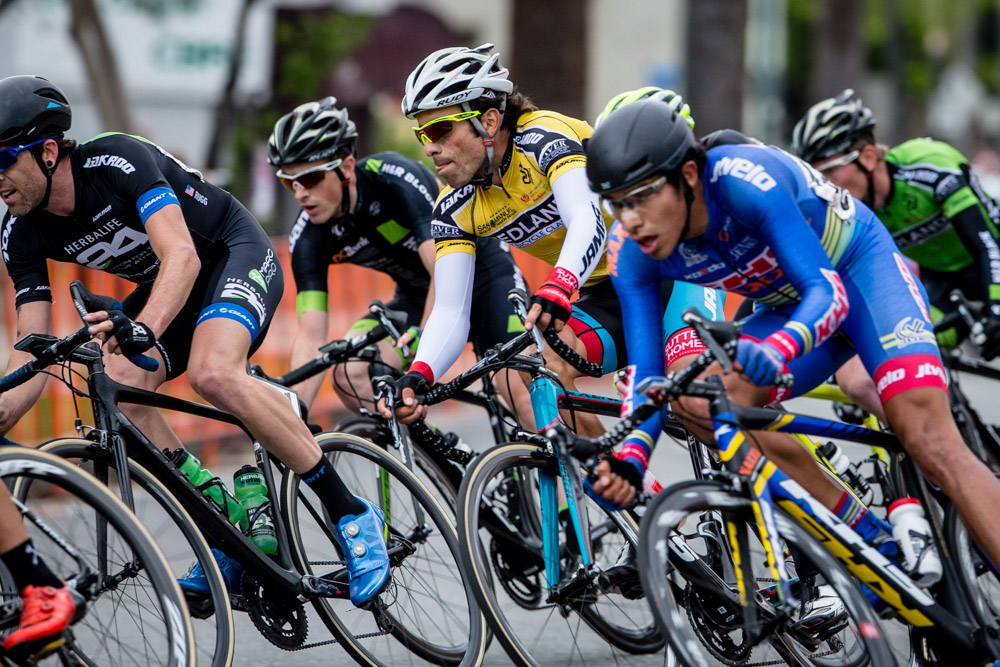
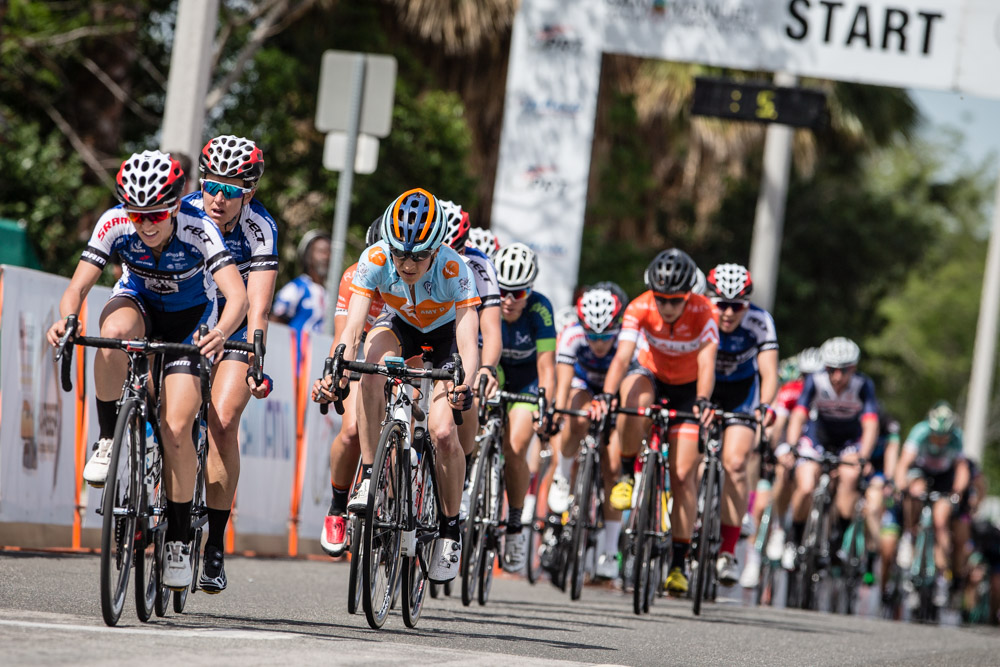
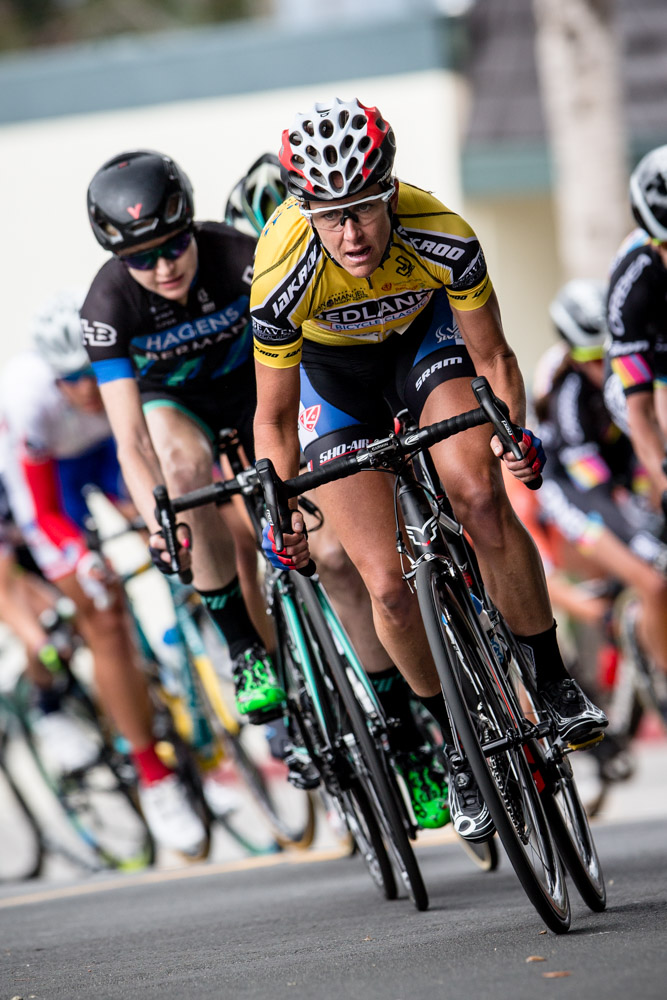
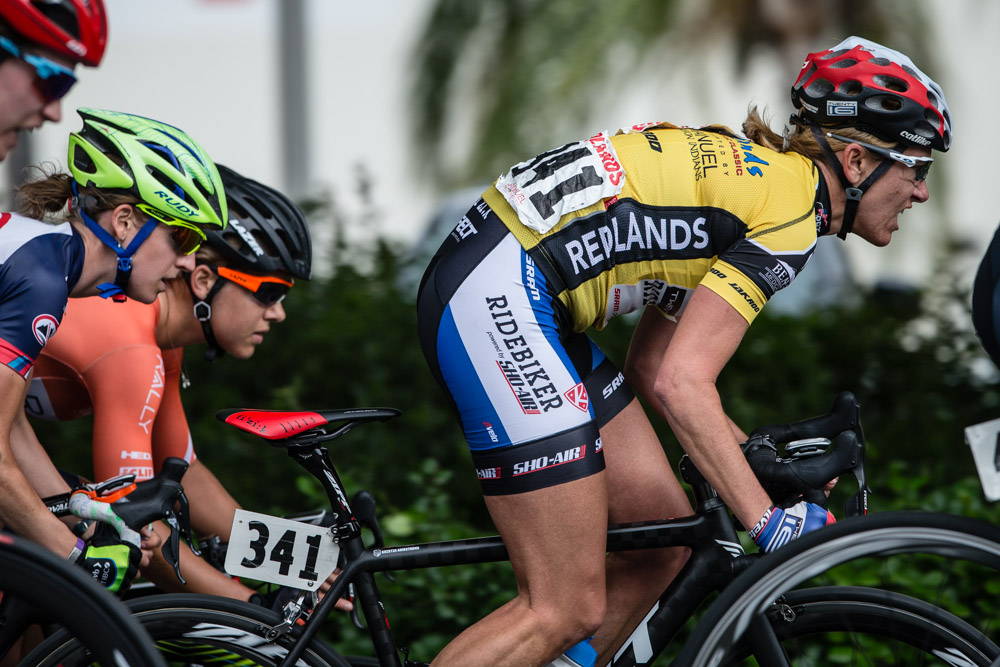
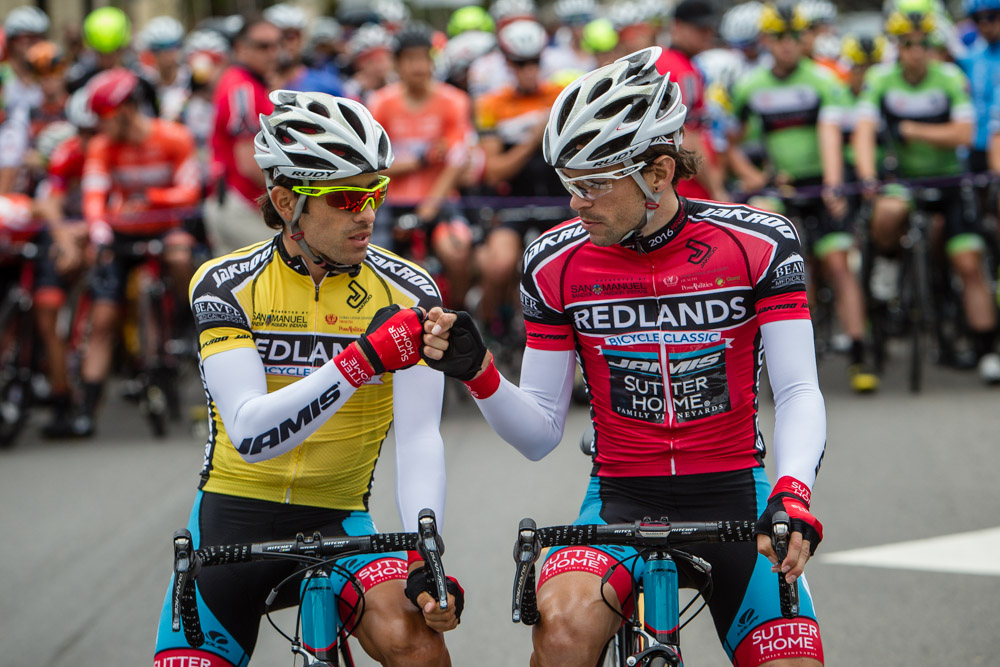
Paris-Roubaix isn't the only race on Sunday that could be affected by rain. Forecasts for Redlands, California, home of the Redlands Bicycle Classic, are calling for heavy rains Saturday evening through Sunday, prompting a warning for flash floods.
It wouldn't be the first time in recent memory that the Sunset Road Race on the final day at Redlands was hit with inclement weather. In 2012, the year Phil Gaimon snatched the win from Competitive Cyclist's Francisco Mancebo, the rain-soaked men's race saw just 15 riders finish.
The Sunset Road Race starts downtown but then heads up into the hills south of Redlands for multiple laps of a 10.4km loop. There is little flat ground on the circuit, which takes a massive toll on the pelotn by the time the riders return to Redlands to finish on Saturday's criterium course.
Although temperatures during Wednesday's opening stage at this year's race reached into the 90s (F), rain has been threatening for most of the week. A few drops fell on the final laps of Saturday evening's criterium, but for the most part the week of racing has remained dry.
That could all change on Sunday, and the notoriously selective Sunset Road Race could become even more of a grizzly bear.
"The thing is when it rains up there it's really cold," said Frankie Andreu, who was Gaimon's director at 5-hour Energy in 2012 and is at Redlands this week working as a race commentator.
"That's really what takes a lot out of the riders," Andreu said. "They freeze because of the downhills and stuff like that. It's very twisty and it gets strung out, so it's very hard and it becomes more important to stay in the front. It's a race of attrition, and by the time you get down here, everybody is just completely wiped out."
Get The Leadout Newsletter
The latest race content, interviews, features, reviews and expert buying guides, direct to your inbox!
In the women's race, Kristin Armstrong (Twenty16-RideBiker) currently leads 2015 winner Mara Abbott by 33 seconds and three-time Redlands winner Amber Neben by 1:21. Neben's teammate Eri Yonamine is 1:46 back for fourth, while Rally Cycling's Jasmin Glaesser is fifth, 2:10 back.
For Armstrong, a rain-soaked course would mean depending on her team for more support to defend her race lead.
"Whenever it rains a team has to rally around the leader, and they have to really be next to them a little bit more," Armstrong said. "I think that you have to control the race a little bit more, because what happens in the rain in bike racing is that things get a little scattered and things become more unknown. You don't know where people are, so to stay together as unit will be really important if it's raining."
Jono Coulter, director of the Hagens Berman-Supermint team of stage 1 winner Scotti Lechuga, said his team will try to capitalise on the inclement weather if it shows up.
"This race is iconic for being a very tough stage anyway," he said. "It's tough on the uphill, and the downhill is technical, and if it's raining it'll be much, much worse. That plays into our hands because we've got good technical riders, people who are confident descenders. Rest assured we'll be at the front if it does rain to try and mix it up, and hopefully the attrition happens even harder."
Andreu said he expects an exciting women's race no matter what the weather throws at the riders.
"Kristin Armstrong is super strong, but Abbott and Neben are climbers, and that's a hard, hard climb," he said. "If they take off every lap, Kristin might be able to respond two or three times, but not as many laps as they're doing. So that could change things."
Rally Cycling Women's director Zach Bell said weather won't affect how his team approaches the final stage.
"Certain things could happen, but it's a war of attrition, and the rain is just going to add to the attrition, it's just maybe going to happen a little faster," he said.
"It would be interesting, maybe make it a little bit harder at the start of the climb because on the descent it will be strung out quite a bit more, so when we start that climb it might hurt guys a little bit more," Horner said.
Reminded of the decimating effect the 2012 rain had on the race, Horner said he'd expect a similar result this year.
"There's not a lot of power in the climbing legs here for most of the guys, so it could be a pretty exciting day," he said. "It could be a real tactical race and all that stuff too. It will be interesting."
Silber Pro Cycling director Gord Fraser, whose rider Matteo Dal-Cin is currently sitting second overall just two seconds behind race leader Janier Acevedo (Jamis), agreed that rain will make a very tough race even tougher.
"It'll just amplify the attrition rate because there will be bigger accelerations and decelerations," he said. "The throttle turns are much crisper out of slower corners, so it's just going to add to the attrition rate, along with all the other things that riding in the rain does. Some guys don't eat very well in the rain because they don't feel as comfortable taking their hands off the bars."
Jelly Belly-Maxxis rider Lachlan Morton currently sits third overall, just 13 seconds out of the overall lead. Long-time Jelly Belly director Danny Van Haute told Cyclingnews that no matter what the weather does on Sunday, his team will fight for the win all the way to the finish line.
"It won't change anything," he said. "We have a plan for tomorrow, and as everybody knows the GC is not completely set yet; it's very tight. So we're going in as if we can win the race. We're going to race to win. We don't give up."
But Andreu said that no matter how much help teams give their protected riders, if the weather turns nasty on the Sunset loop during Sunday's stage, the riders who win the stage and the overall race will ultimately have to prove themselves to be the strongest individuals on the course.
"If it's raining and cold it will tear apart a team," Andreu said. "And it really comes down to how strong that individual last rider is."
Growing up in Missoula, Montana, Pat competed in his first bike race in 1985 at Flathead Lake. He studied English and journalism at the University of Oregon and has covered North American cycling extensively since 2009, as well as racing and teams in Europe and South America. Pat currently lives in the US outside of Portland, Oregon, with his imaginary dog Rusty.